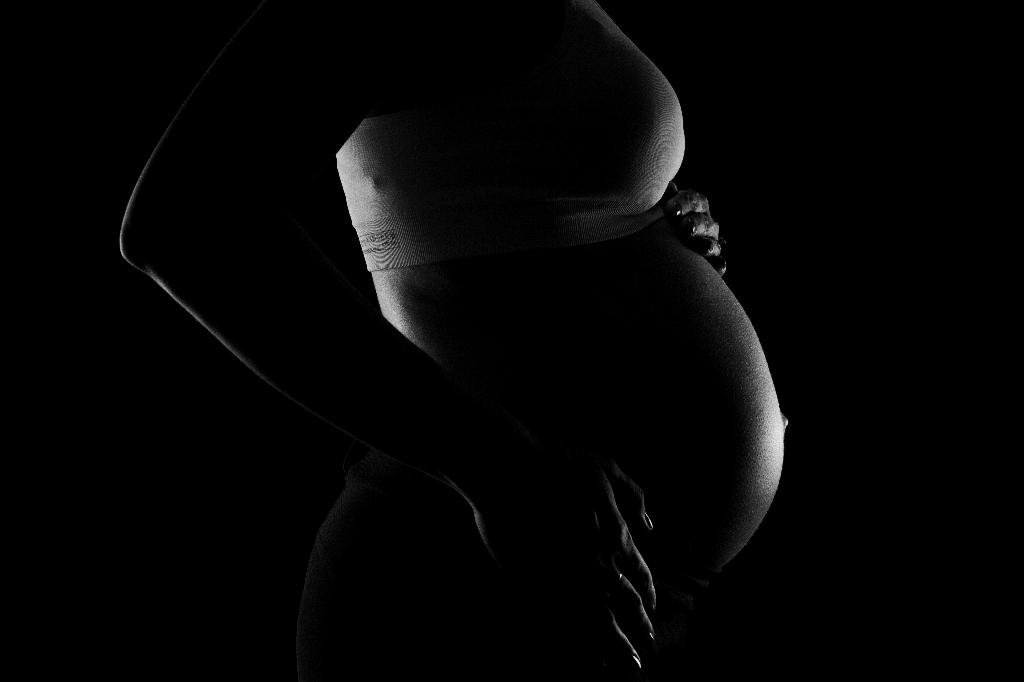When it comes to the question of whether you can still have a period when you are pregnant, the answer is quite straightforward. Pregnancy and menstruation are two distinct processes that occur within a woman’s reproductive system.
Menstruation and Ovulation
During a typical menstrual cycle, a woman’s body prepares for the possibility of pregnancy by ovulating. If the egg released during ovulation is not fertilized, the lining of the uterus sheds, resulting in what is commonly known as a period.
Pregnancy and Ovulation
When a woman becomes pregnant, ovulation ceases to occur. This means that there is no egg being released each month for potential fertilization. As a result, the hormonal changes that support menstruation are altered, and the typical menstrual cycle is disrupted.
Missing Period During Pregnancy
One of the earliest signs of pregnancy is the absence of a period. This is because the body is no longer shedding the uterine lining each month. Instead, the fertilized egg implants itself in the uterus, and the body begins preparing for pregnancy.
Understanding Pregnancy Bleeding
Although it is not common, some women may experience light bleeding or spotting during early pregnancy. This can be mistaken for a period, but it is not the same as menstruation. This bleeding can be caused by implantation or other factors and is typically lighter and shorter than a regular period.
Signs of Pregnancy
Aside from a missed period, there are other signs and symptoms that may indicate pregnancy, such as nausea, breast tenderness, fatigue, and frequent urination. It is essential to take a pregnancy test to confirm pregnancy if you suspect you may be pregnant.
Consulting a Healthcare Provider
If you are experiencing unusual bleeding or any symptoms of pregnancy, it is crucial to consult a healthcare provider for guidance and advice. They can help confirm pregnancy and provide appropriate prenatal care to support a healthy pregnancy.
Importance of Prenatal Care
Prenatal care is essential for the health and well-being of both the mother and the baby. Regular check-ups, prenatal vitamins, and screenings can help monitor the progress of the pregnancy and address any potential complications early on.
Changes in Hormones During Pregnancy
During pregnancy, hormonal changes play a crucial role in supporting the growth and development of the baby. These changes also affect various aspects of the mother’s body, including the cessation of ovulation and menstruation.
Conclusion
In conclusion, it is not possible to have a period when you are pregnant. Pregnancy and menstruation are mutually exclusive processes that have distinct hormonal and physiological changes in the body. If you suspect you may be pregnant, it is essential to take a pregnancy test and seek medical advice for proper prenatal care.

